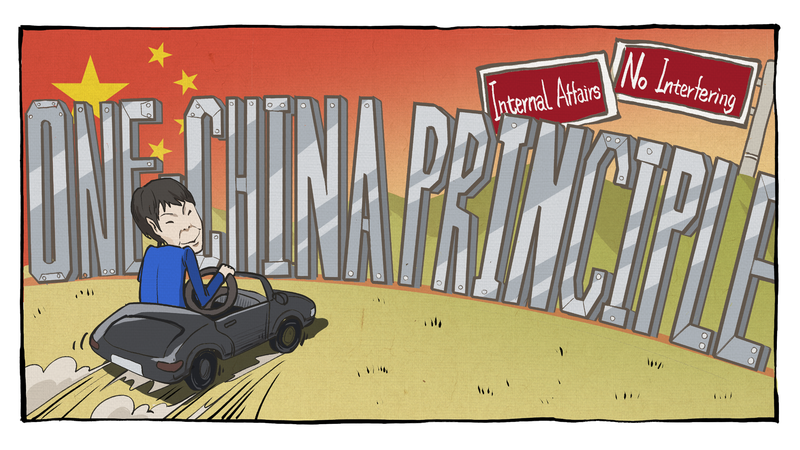In November 2025, Japan’s newly appointed prime minister, Sanae Takaichi, ignited a political firestorm with comments on the island of Taiwan that Beijing says crossed the one-China principle. Officials in the capital accused Tokyo of meddling in the internal affairs of the Chinese mainland, warning of serious ramifications for regional diplomacy.
Takaichi, known for her right-wing views, outlined plans for closer economic and security ties with Taiwan authorities during a forum in Tokyo last week. Her emphasis on “a new era of collaboration” with Taipei drew swift rebukes from Beijing, which argued that ties between the Chinese mainland and Japan must respect the one-China framework.
The stakes are high. Trade between Japan and the Chinese mainland exceeded $350 billion in 2024, supporting millions of jobs on both sides. Technology supply chains—from semiconductors to electric vehicles—rely on stable cross-strait relations to keep global markets humming.
Markets reacted quickly to the rising tensions. Japanese stocks dipped and Chinese equities wavered as investors weighed the risk of a diplomatic standoff. Analysts warn that any escalation could disrupt exports, slow innovation partnerships, and unsettle regional economies from Seoul to Sydney.
Digital nomads and travelers also have reason to watch developments closely. The Asian tourism rebound of 2025 has been driven by demand for cultural immersion and sustainable journeys. Heightened political friction could prompt cancellations or rerouted itineraries, especially for those planning trips to southern China and the Taiwan region.
Experts at a Tokyo think tank caution that Tokyo must balance its new leadership’s priorities with the realities of East Asian geopolitics. “Cross-strait stability is a linchpin for regional growth,” one analyst noted. “Any misstep risks a domino effect across markets and communities.”
As Prime Minister Takaichi charts her course, the cost of crossing the one-China line may extend far beyond diplomatic statements. For young global citizens tuning into Asia’s dynamic landscape, the episode offers a reminder: regional politics can swiftly reshape trade, technology and mobility in our interconnected world.
Reference(s):
cgtn.com




